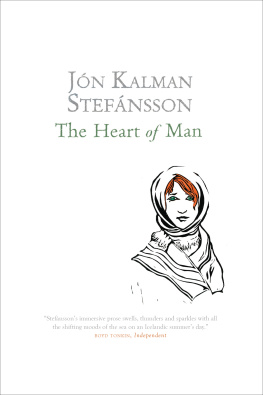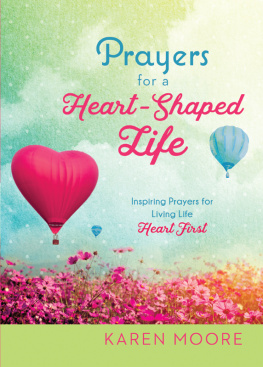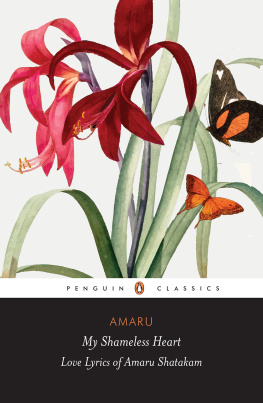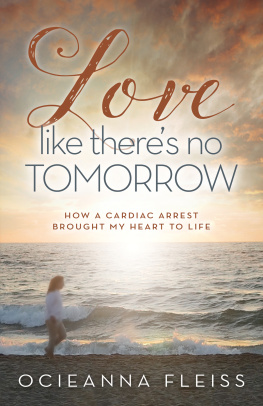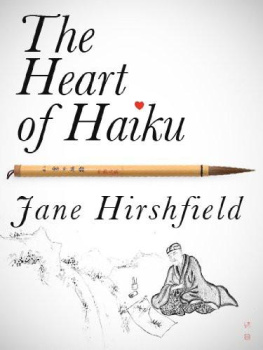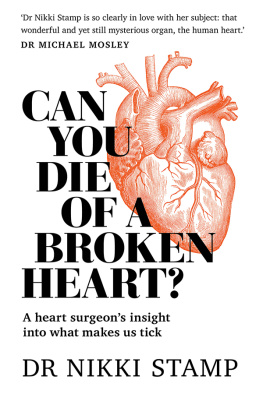Contents
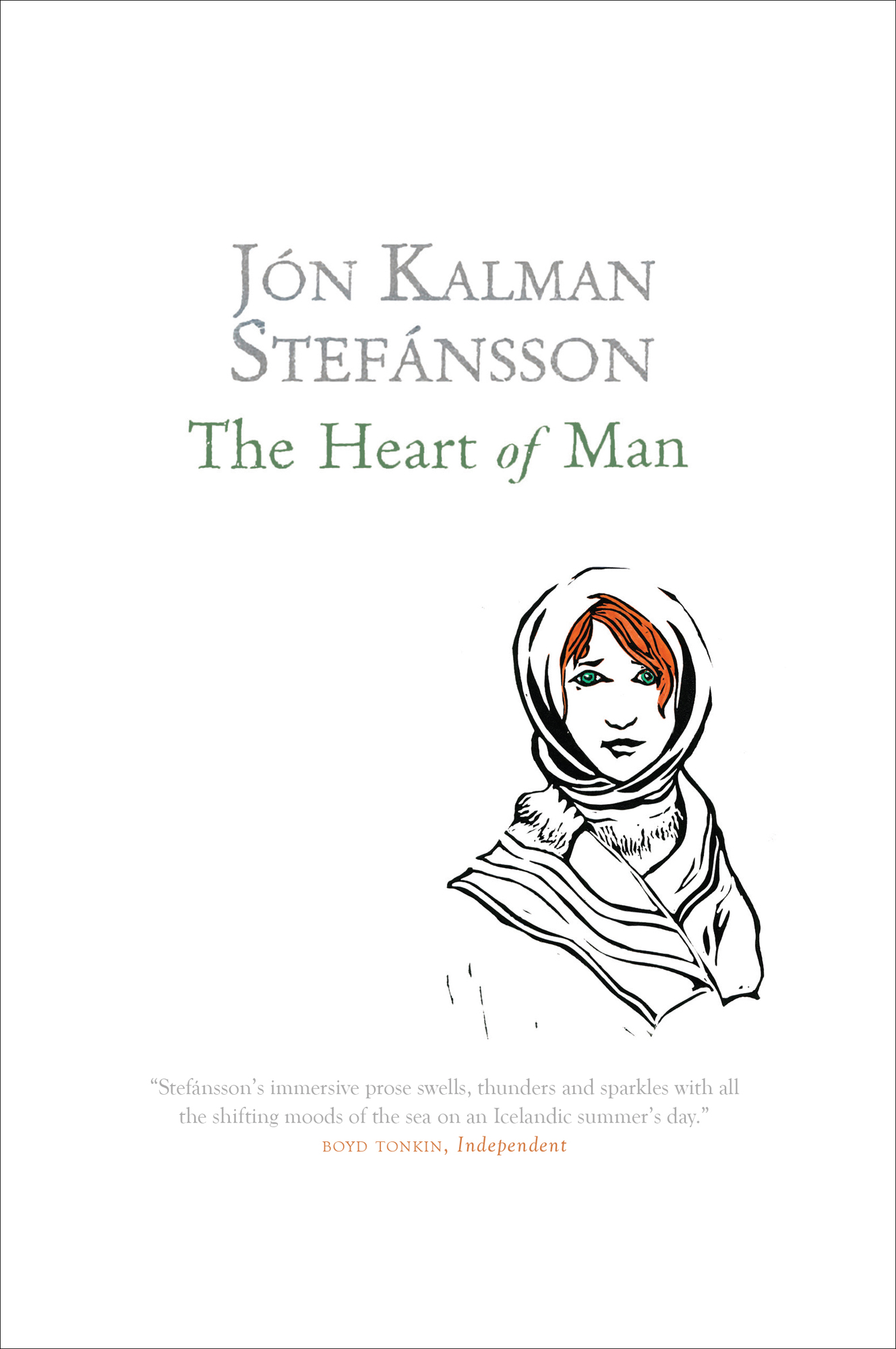
THE HEART OF MAN
Also by Jn Kalman Stefnsson in English translation
Heaven and Hell (2010)
The Sorrow of Angels (2013)
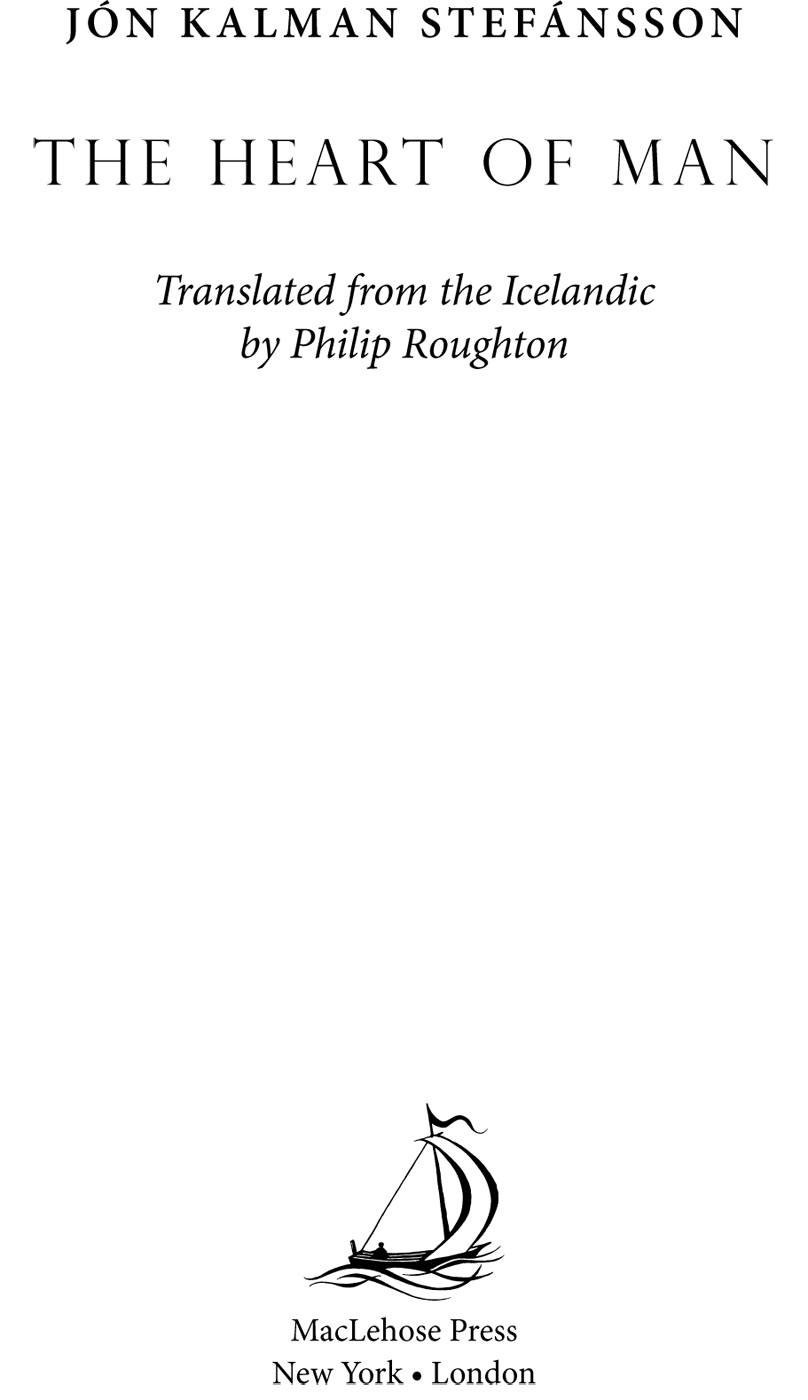

MacLehose Press
An Imprint of Quercus
New York London
Copyright Jn Kalman Stefnsson, 2009
Cover art 2015 Twentieth Century Fox Film Corporation
English translation copyright 2015 by Philip Roughton
Published by agreement with Leonhardt & Hier Literary Agency A/S, Copenhagen
First published in the United States by Quercus in 2015
First published in the Icelandic language as Hjarta mannsins by Bjartur, Reykjavk, in 2009
This book has been published with the financial support from of Bkmenntasjur/The Icelandic Literature Fund
All rights reserved. No part of this book may be reproduced in any form or by any electronic or mechanical means, including information storage and retrieval systems, without permission in writing from the publisher, except by reviewers, who may quote brief passages in a review. Scanning, uploading, and electronic distribution of this book or the facilitation of the same without the permission of the publisher is prohibited.

Please purchase only authorized electronic editions, and do not participate in or encourage electronic piracy of copyrighted materials. Your support of the authors rights is appreciated.
Any member of educational institutions wishing to photocopy part or all of the work for classroom use or anthology should send inquiries to .
e-ISBN: 978-1-62365-957-8
Distributed in the United States and Canada by
Hachette Book Group
1290 Avenue of the Americas
New York, NY 10104
This book is a work of fiction. Names, characters, institutions, places, and events are either the product of the authors imagination or are used fictitiously. Any resemblance to actual personsliving or deadevents, or locales is entirely coincidental.
www.quercus.com
The trilogy Heaven and Hell, The Sorrow of Angels and The Heart of Man is dedicated to the sisters Bergljta K. rinsdttir (193869) and Jhanna rinsdttir (19402005).
And to Mara Karen Sigurardttir.
, when I was a boy, is from the poem of the same title by the German Romantic poet Friedrich Hlderlin (17701843).
A guide to the pronunciation of Icelandic consonants, vowels and vowel combinations can be found .
Death is neither light nor darkness; its just anything but life. At times we keep vigil over folk who are dying and watch their lives fade away; each life is a universe and its painful to see one disappear, see all become nothing in a single instant. Of course, lives are different; for some, theyre humdrum, for others grand adventures, yet each consciousness is a world that stretches from ground to sky, and how can something so big vanish so easily, become nothing, not even foam left behind, not even an echo? But its been a long time since someone joined our group. Were bloodless shadows, less than shadows, and its bad to be dead yet not be allowed to die, such a thing does no one any good. In our day, some of us resorted to various means to try to escapecast ourselves in front of oncoming cars, stuck our heads into the jaws of vicious dogsbut our screams were silent, the dogs teeth cut through us like air; how is it possible to be less than nothing yet remember everything, to be dead yet sense life more intensely than ever before? Now youre sure to find us in the evenings, crouched in the cemetery, behind the church thats stood here for centuries, though not always the same building. Our church, where Reverend orvaldur tried, to little effect, unfortunately, to find forgiveness and overcome his weaknesses; a persons strength is measured only by his weaknesses, by how he faces them. The timber church paneled with corrugated metal is long gone and in its place is another one of stone, the stuff of mountains, which is appropriate; in such places the church should be modeled on mountains or the sky. The only times we find a trace of peace are here in the cemetery. Here we believe we can discern the muttering of the dead down in the earth, a distant hint of cheerful conversations. Thus can despair deceive. Yet these tranquil moments have multiplied slowly; they even seem to have lengthened, shifted ever so slightly from split seconds to seconds. We dont feel well, precisely, but these words keep us warm, theyre our hope, and where there are words, there is life. Welcome them, and we exist. Welcome them, and theres hope. These are the stories that we ought to tell. Dont leave us.
I
Where do dreams end, where does reality begin? Dreams come from within, they trickle in from the world that we all have inside us, possibly distorted, but what isnt distorted, what isnt dented? I love you today, hate you tomorrowhe who never changes is lying to the world.
The boy lies for a long time with his eyes closed. Uncertain whether its day or night, whether hes awake or asleep. He and Jens landed on something hard. First they lost Hjalti, the farmhand who came with them from Nes; the three of them dragged the coffin containing sta over mountains and heaths. Then the boy and Jens landed on something hard. How much time has passed? And where is he? He opens his eyes hesitantly; it isnt always certain what awaits you after sleep, worlds change overnight, lives are extinguished, the space between the stars increases and the darkness deepens; he opens his eyes hesitantly, nervously, and is lying in a moonlit room, is lying in deathly white moonlight, and Hjaltis face is uncomfortably pale as he sits on a chair and looks hard at the boy; sta is standing by the bed, emanating cold. You always escape, Hjalti says slowly. Yes, there are always people ready to pull him to his feet, says Jens, who is sitting up in a bed next to him, the moonlight having sewn a death mask on him. But no one can help you now, sta says. No, says Jens; nor is he worth it. What does he have to offer, anyway; what right does he have to live? Hjalti says. The boy opens his mouth to reply, say something, but feels a weight on his chest, so heavy that its hardly possible to speak, and then they begin fading slowly, theyre slowly erased, and the moonlight transforms into endless snow and the room into a cold heath that fills the world. The sky is a thick layer of ice covering everything.
II
Is it safe for me to open my eyes? Maybe he hadnt slept, maybe it just takes such a long time to die. He hears neither the wind nor the hissing of the blowing snow, and doesnt feel the cold. I must have fallen asleep in the snow; this is the sleep that turns into a soft, comforting death. Nor can I fight it anymore, thinks the boy, and no one can help me now, sta is right about that, and why fight when all the best is finished? But Im to be educated; Gsli, the headmaster himself, is supposed to teach me; isnt it a betrayal to die, mustnt I fight? And isnt he lying in a bed? He feels as if he is, in a soft bed, its bizarre. Maybe hes just lying in his room in Geirrurs house and dreamt it all, the journey with Jens through storms and snow; is it even possible to dream so much snow, so much wind, so many lives and deaths; are dreams big enough for all of it? He cant open his eyes, simple as that; his eyelids are heavy stone slabs. Tries to feel whats around him, sends his hands off on a surveying expedition, but they prove to be as useless as his eyes, he cant even feel them, maybe theyre dead, the frost has gnawed off his hands and theyre lying there like old scraps of wood in the snow. Where are you, Jens? he thinks, or mutters, before sinking back into sleep, if this is indeed sleep, if it isnt death, sinks into rest, sinks into a nightmare.

